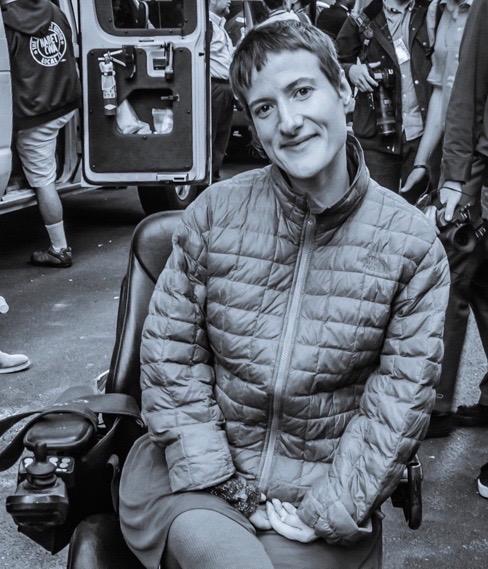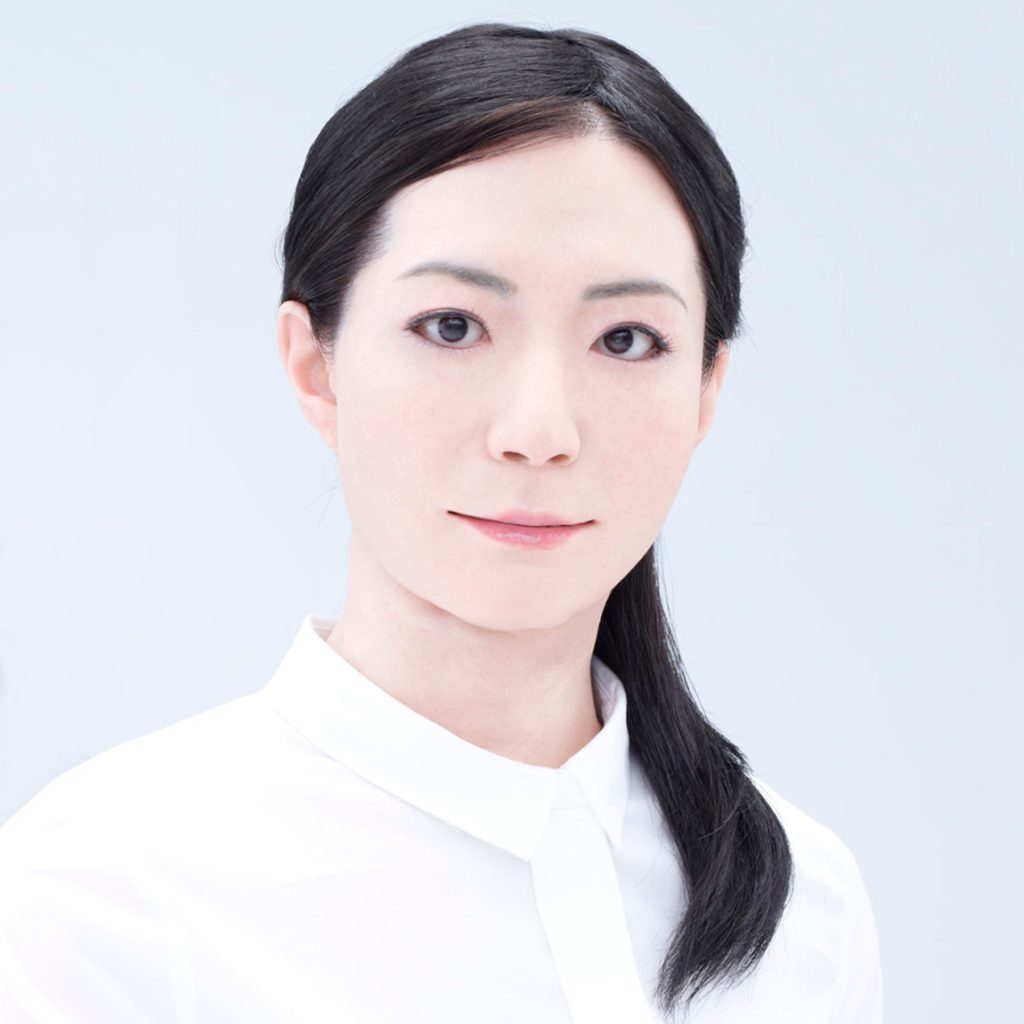Images of broken light which dance before me like a million eyes
Across the Universe
Fiona Apple
New Zealand is locked down this week, because of the COVID pandemic. Our lessons shifted online and we attended over Zoom. There were about 35 of us, and it kind of worked. We were split into breakout rooms at various points, which are a pretty pale imitation of doing group work face-to-face, but we did OK.
I found it interesting that last week I was pretty nervous, and my young peers were quite chatty, but this week I was fine online, but my peers seemed pretty subdued. Perhaps because I spent all of the main NZ lockdown working really actively all-day-every-day in Teams, and you get used to it, so you wade in and get your point across because you have to. No idea. I doubt any of them are ever going to read this and clue me in.
Perhaps first year students don’t initially realise that, in any modern career, communications isn’t part of the job; it is the job. This is a hyper-connected world, and even if you’re not all that comfortable being thrown into a virtual room and told to work together with a bunch of strangers, just say, “screw it”, and get stuck in. In your entire career, you’re probably never going to come across as safe a place to do that as university.
If you can’t do it, then stand up, walk, talk. Sitting in front of a screen is a mode of existence designed for solo work, and being sat down in education in general comes with a strong sense of, “I’m about to be taught”, especially when you’ve been in formal education for over a decade. Hard habits to break.
Maybe “Communication for Makers” is their most important course of all?
I also thought about interviewing people for junior roles, which can actually be tougher than hiring for senior positions, although usually a lot less risky. I can’t really hire you for what you’ve done; instead, I’m trying to hire for potential. I’m far more interested in how you communicate. How do you take on information and process it? Do you restate what’s being asked so you’re sure you understand? How do you tailor your response to your audience? Did you assemble your thoughts into a coherent story before you open your mouth. And so on.
This morning I met my three final year project students, to talk about the app they’re building for me. They were really professional, engaged, showed up with a meeting agenda, took minutes (and sent them out afterwards!), and so on. We met, naturally, on Teams. Now, these are IT students in their final year, not Art students in their first year. There are many, many differences between them, and I’ve no idea what the key differentiator is. It could that be all three of “my” students have worked in a professional environment for a while, be that as an intern, during vacations, or alongside their studies. Then again, I’ve worked with a number of students fresh out of university that have the communication chops too though.
Let’s hypothesize that it’s university. I just haven’t figured out how yet.


